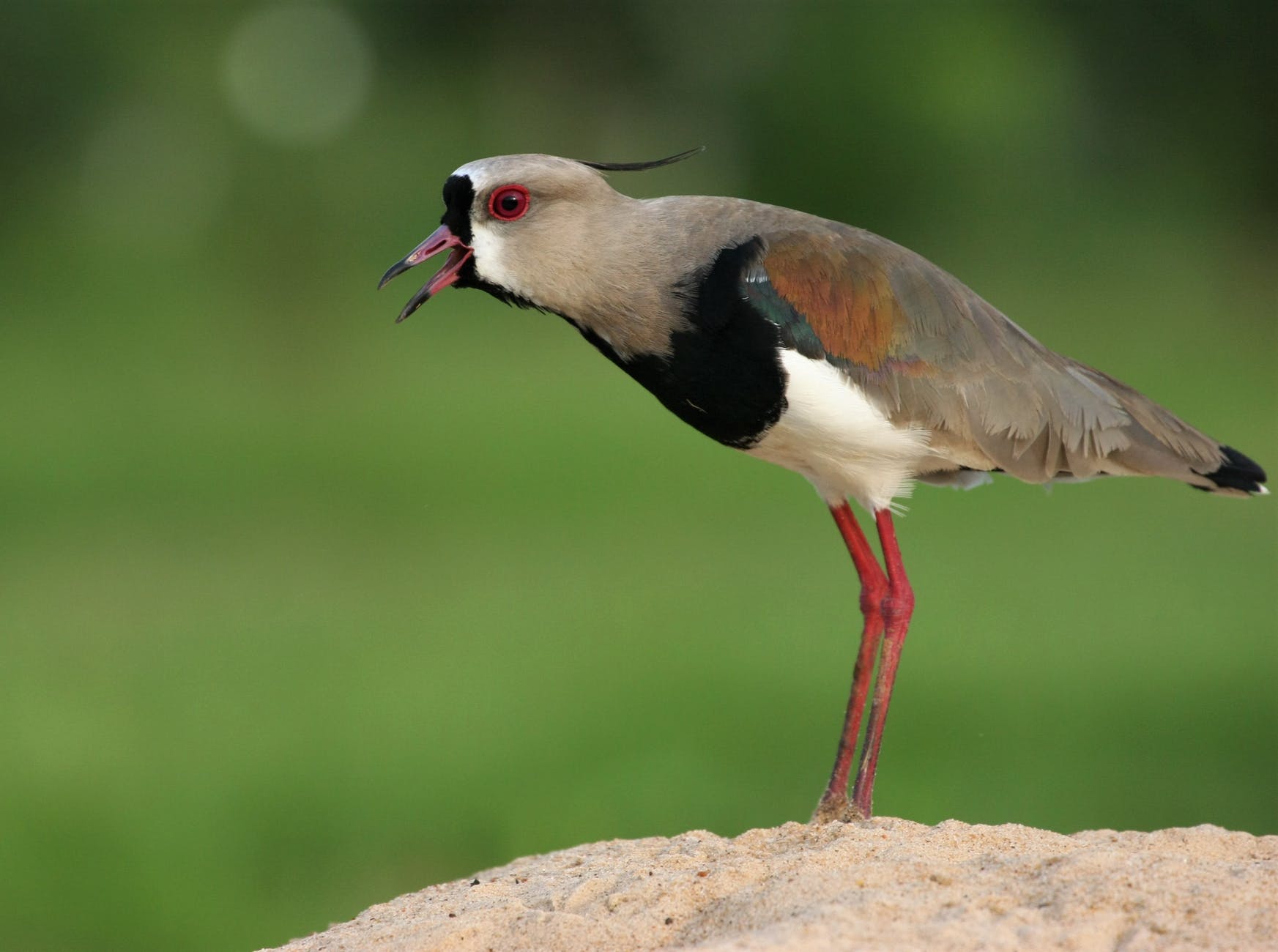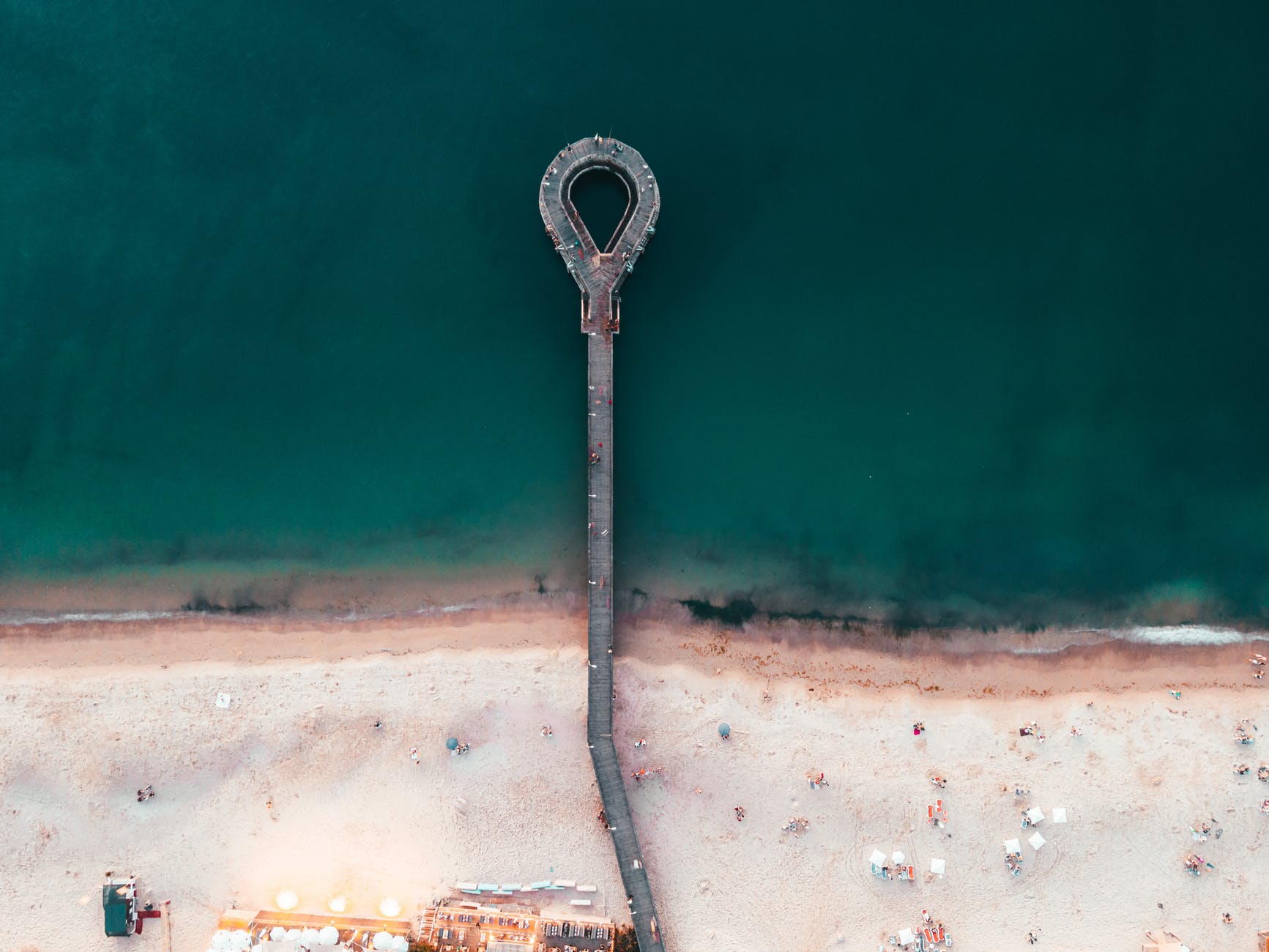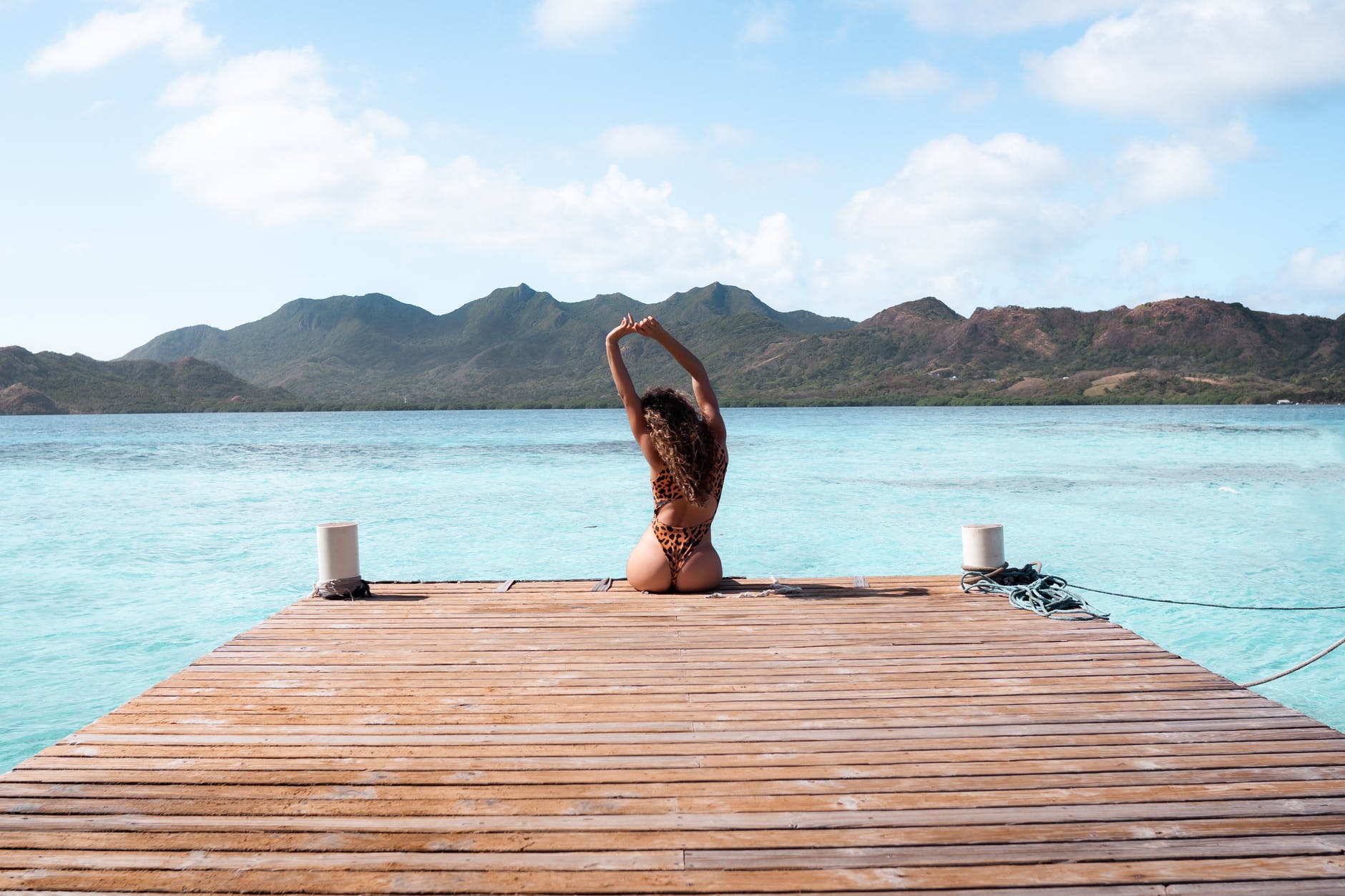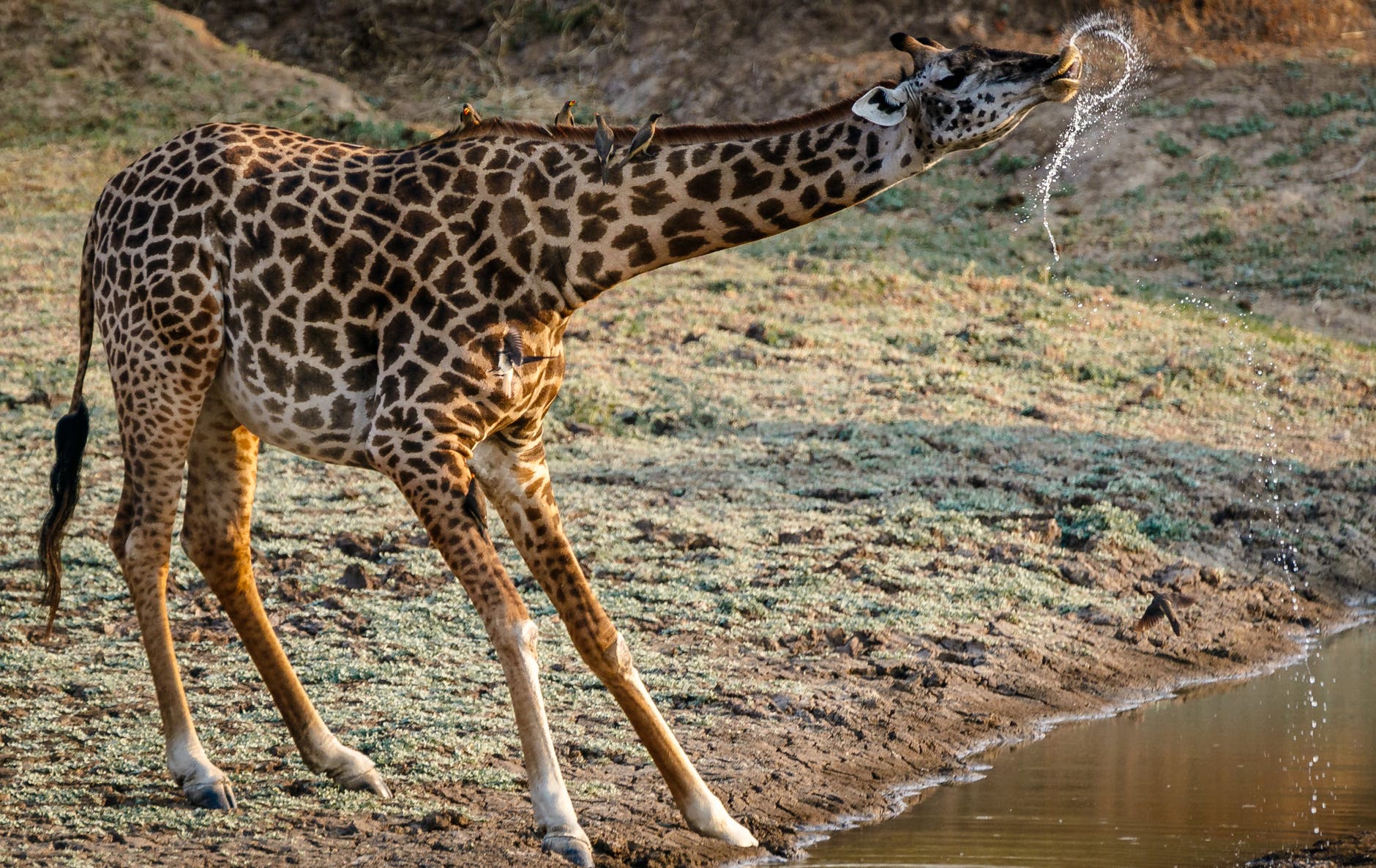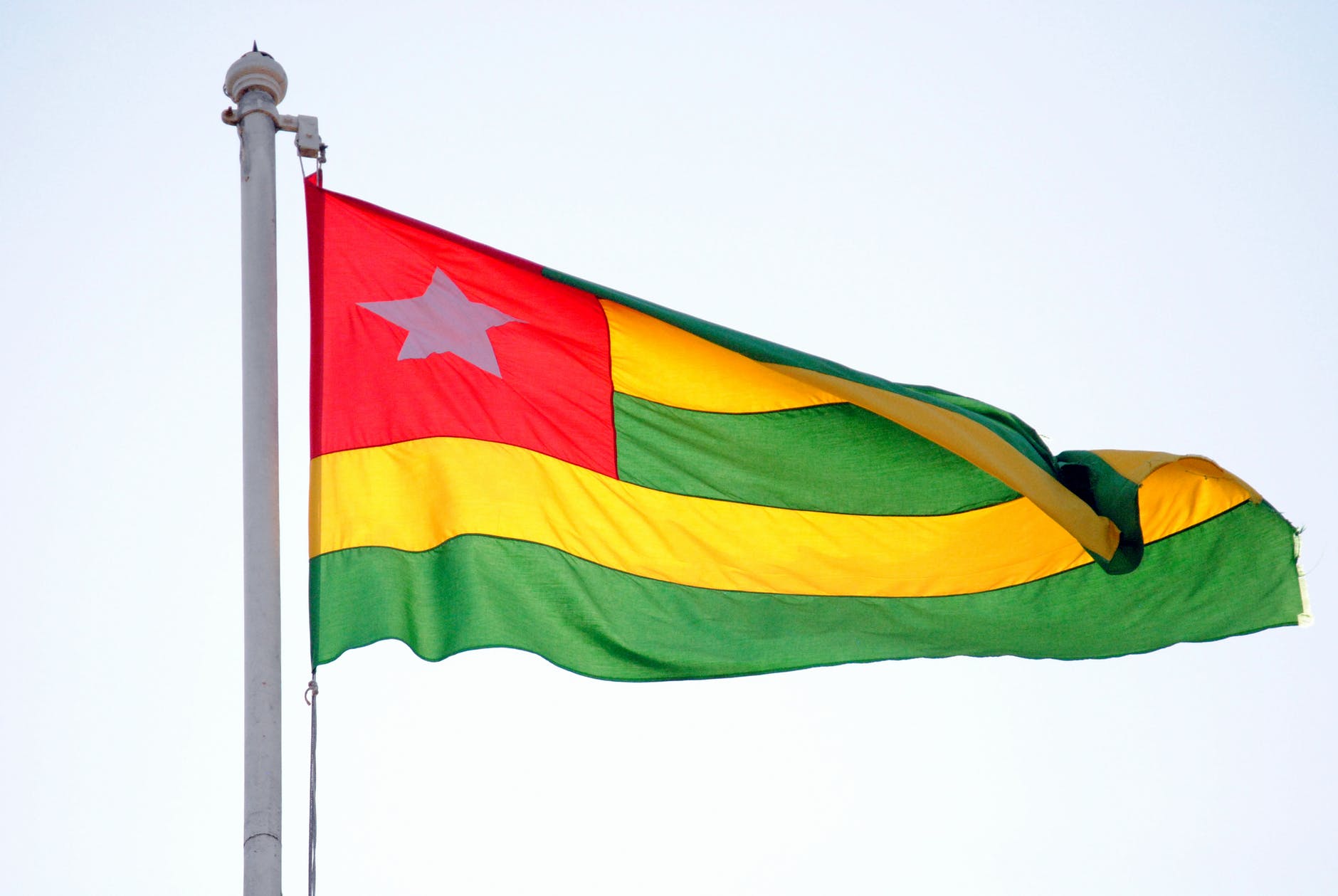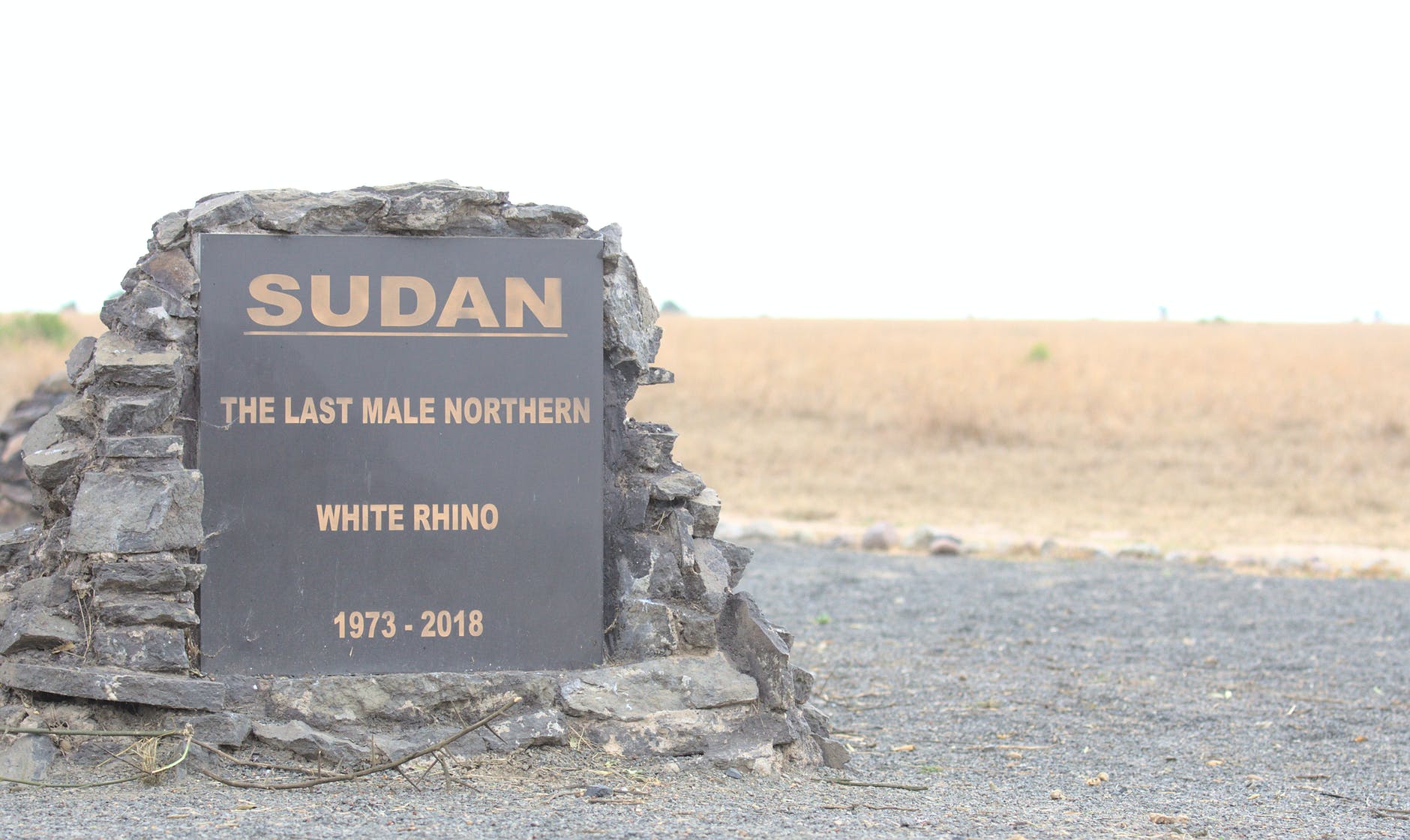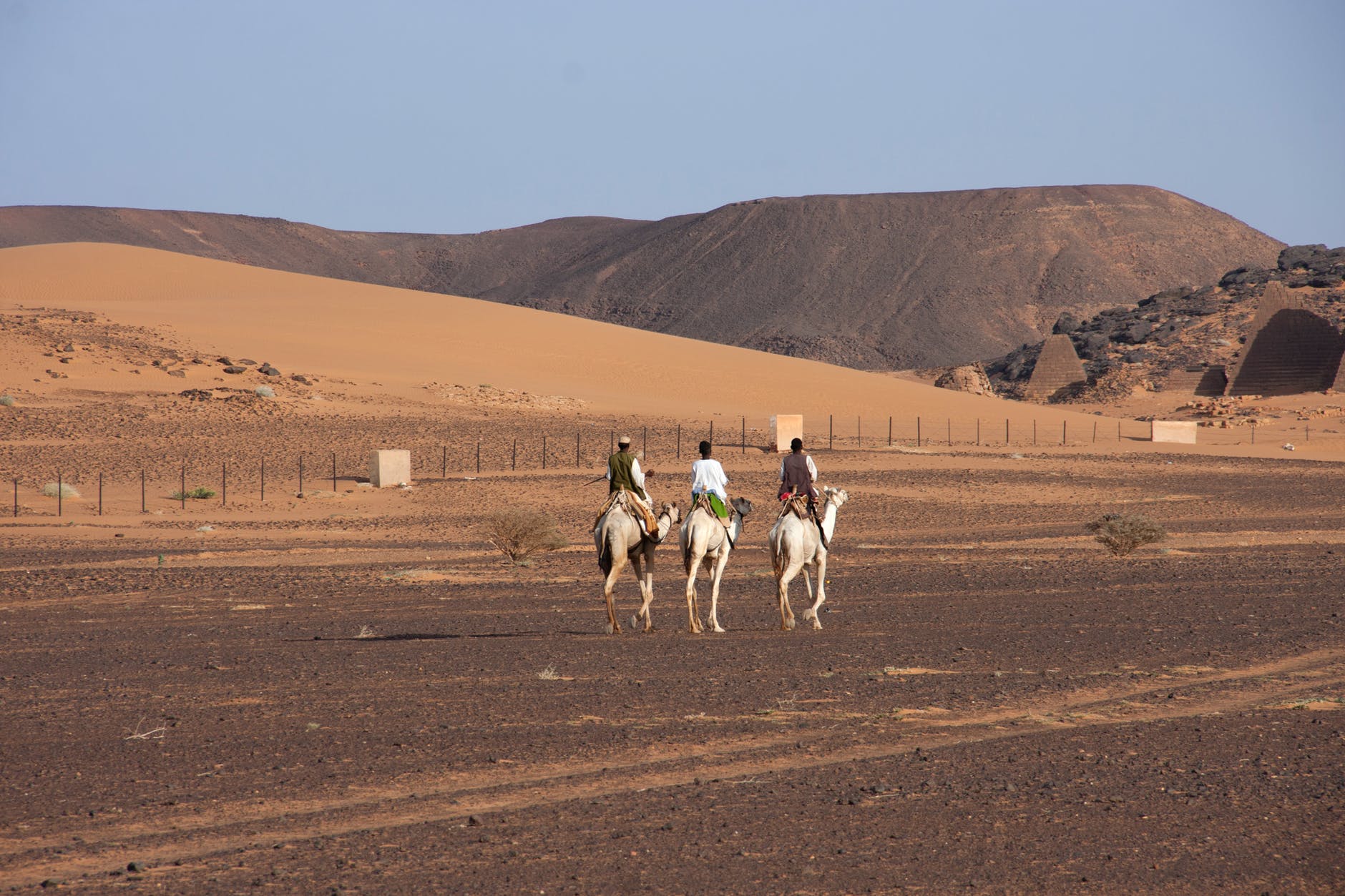We will Start our Paraguay Travel Tips by talking about this country. This country is a landlocked country between Argentina, Brazil, and Bolivia. The Nickname of this country is Corazón de América Which means the Heart of America. It has broad swaths of swamps, subtropical forests, and Chaco.
It also has wildernesses which include savanna and scrubland. This country’s capital is Asunción. The grand Government Palace is on the banks of the Paraguay River. The best location of the city is Museo del Barro, which displays pre-Columbian ceramics and ñandutí lacework.
The nation is renowned for the finest lacework in the world. The nation is host to the biggest mammal in the world called the Capybara, which is actually a massive guinea pig.
Things to do in Paraguay
- La Santísima Trinidad de Paraná
- Monday’s Falls
- National Pantheon of the Heroes
- Palacio de López
- Ypacaraí Lake
- Casa de la Independencia Museum
- Yacyretá Dam
- Ybycuí National Park
- Botanical Garden and Zoo of Asunción
- Ruins of Jesús de Tavarangue
Language
The official languages of Paraguay include Spanish and Guaraní. Most of the people in the country speak Spanish & Guaraní both. Surprisingly, there are a small amount of non-indigenous speakers of the Guaraní language, a remarkable occurrence in the Americas when Western colonial isms control the linguistic history in most nations.
According to Paraguay Travel Tips, English is not widely spoken in this country. However, everybody would be able to help you using gesture language. While Google translator will also help you in emergency situations.
Currency
The standard Paraguayan currency is named the Guaraní. While the currency code is PYG and it is symbol as ₲. The bank issues note in denomination of 1, 5, 10, 50, 100, 500, and 1,000 Guaraní. Whereas, Coins come in the denominations of 1, 5, 10, 25 and 50 centimos.
Credit cards are allowed at most restaurants and hotels. Visa, MasterCard and Cirrus networks are the country’s most common cards but also incur user fees. According to Paraguay Travel Tips, ATMs widely available in this country.
Paraguay Tourist Visa
Indian citizens, regular passport holders require Visa to access this nation. Both visitor visa and business visa applications must be forwarded to the Consular Department of the Paraguay Embassy in India.
Documents required for Paraguay Visa:
- Passport with valid for 6 months
- Paraguay Visa Application Form
- Photo Requirements
- Two copies of a document, such as Driver’s License, State ID, Utility Bill as an address proof
- Proof of Travel Arrangements
- Proof of Sufficient Funds
- ITR for Last 3 years
Best Time to Visit
The Best Time to Visit Paraguay is from May to September. There are lots of festivals and nice conditions throughout this time span. In this nation, it is the winter season. The Country receives the maximum number of tourists during this period. However, During the summer season heat becomes intense.
Summer Starts in November and finishes in March. Although the northwest is usually hot and warm. While Throughout the eastern and southern areas it becomes hotter and is more unpleasant.
Time Zone
Time zone in Paraguay (GMT-4).
Emergency Numbers
- All Emergency: 911
- Police: 912
- Ambulance: 141
- Fire: 132
Internet
Internet Speed in Paraguay is average and the prices are reasonable. You can buy SIM cards for your phone from the airport or one of many retailers all over this country. All you need is the passport to get the sim card in Paraguay. While the major internet service providers are Tigo, Personal, Claro, and VOX.
The Places with free Wi-Fi connection are coffeehouses, hotels, cafes, pubs, airports, restaurants. The Internet is widely available in cities but limited in smaller towns in this country.
Electricity
The Normal voltage is 220 V and the maximum frequency is 50 Hz. The power plugs and sockets in Paraguay are of form C. Type C is also popular as the regular “Euro” plug. According to Paraguay Travel Tips, This socket also works with type E and type F.
You can use your electric equipment in this country if the standard voltage in your country is in between 220 – 240 V. Although it is advisable to carry a travel adapter to stay connected with the world.
Climate
The Paraguayan climate is subtropical to temperate. It features various types of weather due to its extensive geography. A subtropical climate in the area of Parareña and a warm climate close to Chaco. In the eastern portions, the nation is receiving heavy rainfall. while in the far west it is becoming semiarid.
This nation has an accommodating atmosphere from October to March but not too many intense summers. While winter starts from May & ends in August. July is the coldest month, with maximum temperatures of about 17 ° C. Whereas, January is the warmest month with usual temperatures rising to 30 ° C.
Reasons to Travel Paraguay
- Spectacular National Parks
- Elusive Creatures
- Delicious Local Food
- The Nation’s Pastime
- Pocket-friendly Shopping
- Traditional Markets
- Hiking Trails
- Culture Clash
- Ancient Cave Paintings
- Colonial Traces
- Motorsport Madness
- Fabulous Festivals
History of Paraguay
Paraguay’s first settlers were passionate indigenous warrior communities. Spanish explorer Juan de Salazar established the city of Asuncion in 1537. Asuncion would have been the main point of the Spanish colony. Paraguay proclaimed independence and dismissed the Spanish local government in 1811.
Jose de Francia, Carlos Lopez, and Carlos’s son Francisco Lopez, these 3 powerful men have controlled the country for the next 80 years. In 1864 Paraguay began the Triple Coalition War against Argentina, Uruguay, and Brazil under the rule of Francisco López.
Paraguay lost the battle and thus lost two-thirds of its male adult population. The middle of the 1900s was a time of instability and civil war. In 1954, Alfredo Stroessner became the dictator and governed for 35 years. Liberties in Paraguay were severely restricted during his time. Elections had been fairly free since his death.
Religion
The main religion in the country is Christianity. According to Paraguay Travel Tips, The majority of this country’s population practices Roman Catholicism. However, still few people follow Evangelical Protestant Christians. There are other religions do exist in this country too, such as Buddhism and Judaism. While In this nation there are still non-believers, but in far smaller numbers. You can practice your religion in this country as the country is secular.
Packing Tips for Paraguay
- Important Documents- passport & Travel map
- Day Bag or Backpack
- Sunglasses and Sun Hat
- Comfortable Clothes
- Breathable tees
- Power Charger
- Travel Adapter
- Insect Protection
- Toiletries
- Shoes
- Accessories
- Tickets and travel documents
- Swimming suit
- Medical kit
Is it Safe to Travel Paraguay?
Yes, Overall Paraguay is a safe country to travel. Public transport is not so reliable or safe in this country. While Keep in mind that Unlicensed taxi drivers will probably try to rip you off. Although Petty crimes such as pickpocketing, bag snatching, and jewelry theft very common particularly in the cities.
However, Natural disasters like droughts, floods, and forest fires also occur in this country. Scams are also common in this country. You will face Scams like unauthorized ticket vendors, selling tickets for substandard or non-existent buses in the Asuncion bus terminal. Whereas, there is no risk of terrorism in this country.
This country is relatively safe for Solo Women Travelers. However, Please don’t roam around without company, whether during night or day. you should avoid poorly lit and deserted areas at night. Muggings & robberies do happen while rapes and kidnappings are not so common in this country.
Conclusion
However, If you need more information about Paraguay Travel Tips ??? Call us at +918860284198 or contact us at [email protected].
FAQs
Good Things about Paraguay?
1. Nature 2. Traditional Markets 3. Culture Clash
Bad Things about Paraguay?
1. Corruption 2. Political unrest 3. Bad Infrastructure
Weird Things about Paraguay?
1. Nickname is Corazón de América 2. Wealth Distribution 3. Eye Contact is must
Paraguay Travel Restrictions?
Visitors are not allowed to travel to this country as of now.
How many states in Paraguay?
There are 17 States(Departments) and 1 Capital in Paraguay.

